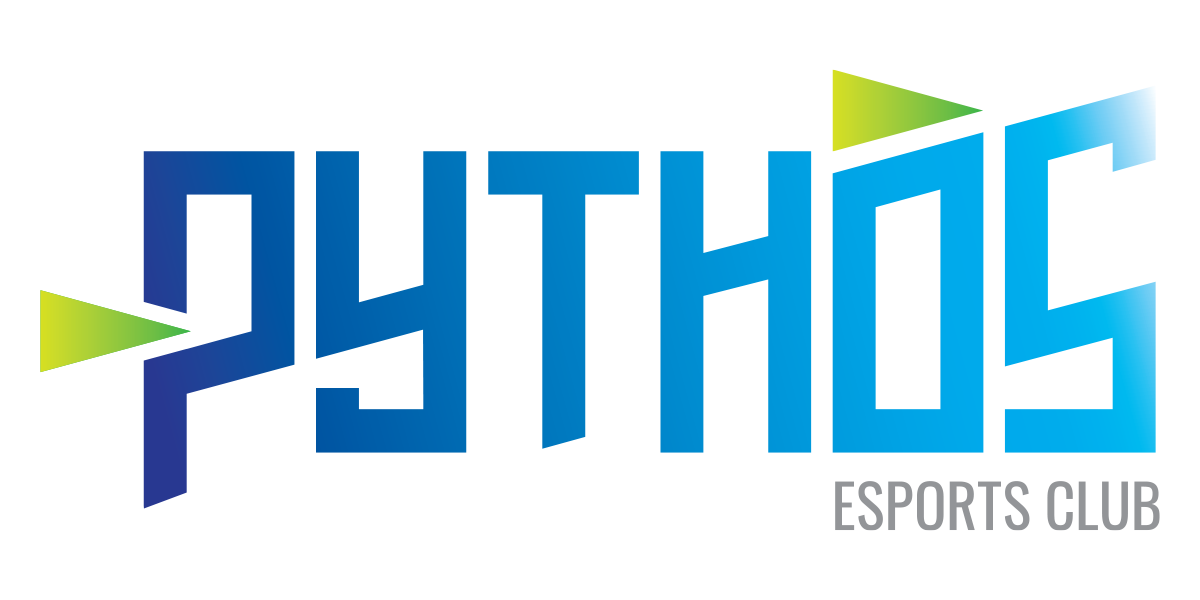08 Jan Bayes Esports: The legal shifts in 2021 tournaments’ terms and conditions
The job of an esports tournament organiser in the sector is a difficult and cloudy one. While the title seems clear enough, given how common the name is in esports, defining what one precisely does can be complicated.
To combat misconceptions, Bayes Esports published a white-paper last year in partnership with sports data company, Sportradar, which informed anyone interested in the nuances and intricacies of esports tournament organisation. Titled: ‘How to maximise your esports tournament experience’ the white-paper dives into topics such as tournament formats, data collection, monetisation, betting, and legalities.

RELATED: Bayes Esports: An ex-Googler brings ample business experience as new COO
In an Op-Ed written by Dr. David Weller, Partner at Lubberger Lehment, the white-paper tackles an overview of esports tournaments’ legal topics and value-chain information from a European perspective, particularly regarding German legal regulations.
Esports Insider asked Weller and a range of other attorneys active in the esports sector to discuss what legal adjustments can be expected in tournaments this year, particularly regarding terms and conditions of competitions, along with its data protection policies.
In-Person Event Revisions
In 2020, the COVID-19 pandemic introduced an unforeseeable curveball to physical events and competitions’ terms and conditions. Organisers of previously scheduled (and often recurring) events were suddenly responsible for reaching agreements with sponsors, contractors, venues, and participants based on the contents of diverse contracts.

Weller writes in the Op-Ed: “There is no competition without clear rules: With the Terms & Conditions of Participation, the organiser defines the contractual frameworks for the conduct of the tournament. These consist primarily of the conditions of participation, the tournament format and procedure, and the prizes.
“In the Terms & Conditions of Participation, the organiser should also regulate his or her liability for any kind of disruption in performance — cancellations, disruptions to the technical infrastructure, cheating, and so on.”
In December, a US Federal District Court in New York found that COVID-19 qualified as a natural disaster, which according to the article: “could ultimately have a significant impact on the enforceability of contracts that required performance during the COVID-19 pandemic.”
“While the decision from the Southern District of New York is the first precedent I know of and comes from an influential court, that decision doesn’t bind other federal district courts — it’s just one court so far,” Ryan Fairchild, Attorney at Brooks, Pierce, McLendon, Humphrey & Leonard, LLP told Esports Insider.
Fairchild added: “I have seen and even drafted documents that specifically try to address issues that might arise because of the COVID pandemic, separate from a Force Majeure clause.”
Force Majeure is a common clause, absolving both parties of liability or obligation due to extraordinary unforeseen circumstances – such as war, ‘acts of God,’ or epidemics.
It is now standard practice to include what could be called ‘COVID clauses’ in contracts with players, employees and contractors. All concerned parties want the security so in the event of unfortunate circumstances, they are still legally protected.
Darren Traub, Partner at Davis Wright Tremaine LLP explained: “When I’m drafting Force Majeure clauses I specifically mention ‘…pandemics, epidemics, including but not limited to coronavirus…’ to allow organisers to pull the plug if the situation doesn’t feel safe.
“Sponsors and players, in turn, want full-release, waivers, and indemnity if somehow there is an outbreak at a tournament, so that no one can pursue legal action against them.” Traub shared. “Organisers have returned with waivers of their own to release themselves and their sponsors from liability of participants, essentially with no choice but to sign the waiver and enter at their own risk.”
RELATED: Bayes Esports: Why esports needs lateral entrants
Liability waivers, with specific coronavirus-related language, will be commonplace whenever offline events are possible again to limit damages and abilities to go to court, however, these written and explicit COVID-19 measures may not be legally enforceable.
”Waivers are never fool-proof.” Chris Lisle, General Liability Attorney told Esports Insider, “But waivers are the best defence against a risk. They are used because they are the first line of defence. As a practical matter, a plaintiff suing for COVID exposure has a high hurdle to jump.”
Data safety and online tournaments
While many tournaments and leagues have operated with data protection measures for years, this year brought on stricter DMCA, GDPR, and CCPA enforcement on-par with the ‘very online’ nature of 2020.

Weller defines in the Op-Ed: “Personal data is processed throughout all stages of the tournament: the registration of participants, the onboarding of sponsors and advertising partners, the streaming of the games, the transfer of data to betting providers (players’ names also constitute personal data), and the photo and film recordings of offline tournaments.
“According to the GDPR, each individual data processing activity requires a legal basis.” The section continues.
“The minimum requirement for European organizers is the provision of an easily accessible data protection declaration. If personal data is to be transferred to a third country outside the EU — such as the USA or countries in the Asian region — additional requirements need to be fulfilled.”
These methods are in place to protect an individual’s data on the internet, but given the ‘internet-is-everywhere’ reality, these protections are crucial to maintain as all data collected during a tournament and its broadcast must be compliant per region.

The landmark overturning of the EU-US Privacy Shield agreement last summer added more difficulties for international data protection compliance, effectively leaving companies on extremely thin ice obscured by the fog of limbo between data protection and foreboding legal actions.
Speaking to Esports Insider, Weller expanded: “The US, in data protection terms, is now a ‘third country’ without a privileged status – joining China and others, requiring the implementation of measures guaranteeing a sufficient level of data protection when sharing data with ‘third country’ companies.
“The European Union Commission is working on a new deal with the US, but it’s not expected to come into effect before 2022.”
Until then, tournament organisers and their legal teams will have their hands full these coming years, not only navigating the legal protections during a return to offline events or implementing a mixture of on/offline models, but also educating consumers and sponsors of the interweaving intricacies of their terms & conditions and data protection policies.
For those looking to move into the industry, it is important to consider how things will need to adapt and what is going to change in the esports tournament sector – the lifeblood of the industry.
Having successfully mitigated some of the challenges of 2020, avoiding utter collapse or stagnation like other competition industries, esports tournament’s will look to take these lessons into the uncertain futures in order to avoid even more unprecedented situations.
To view Bayes Esports’ whitepaper click here.
 Commercial, Features, Latest News, Legal, Markets
Commercial, Features, Latest News, Legal, Markets


No Comments